The business guide to Chromebook Plus
Google's Chromebook Plus initiative is driving a new wave of business-ready Chromebooks, but what does Chromebook Plus mean, and is it worth buying one for work?

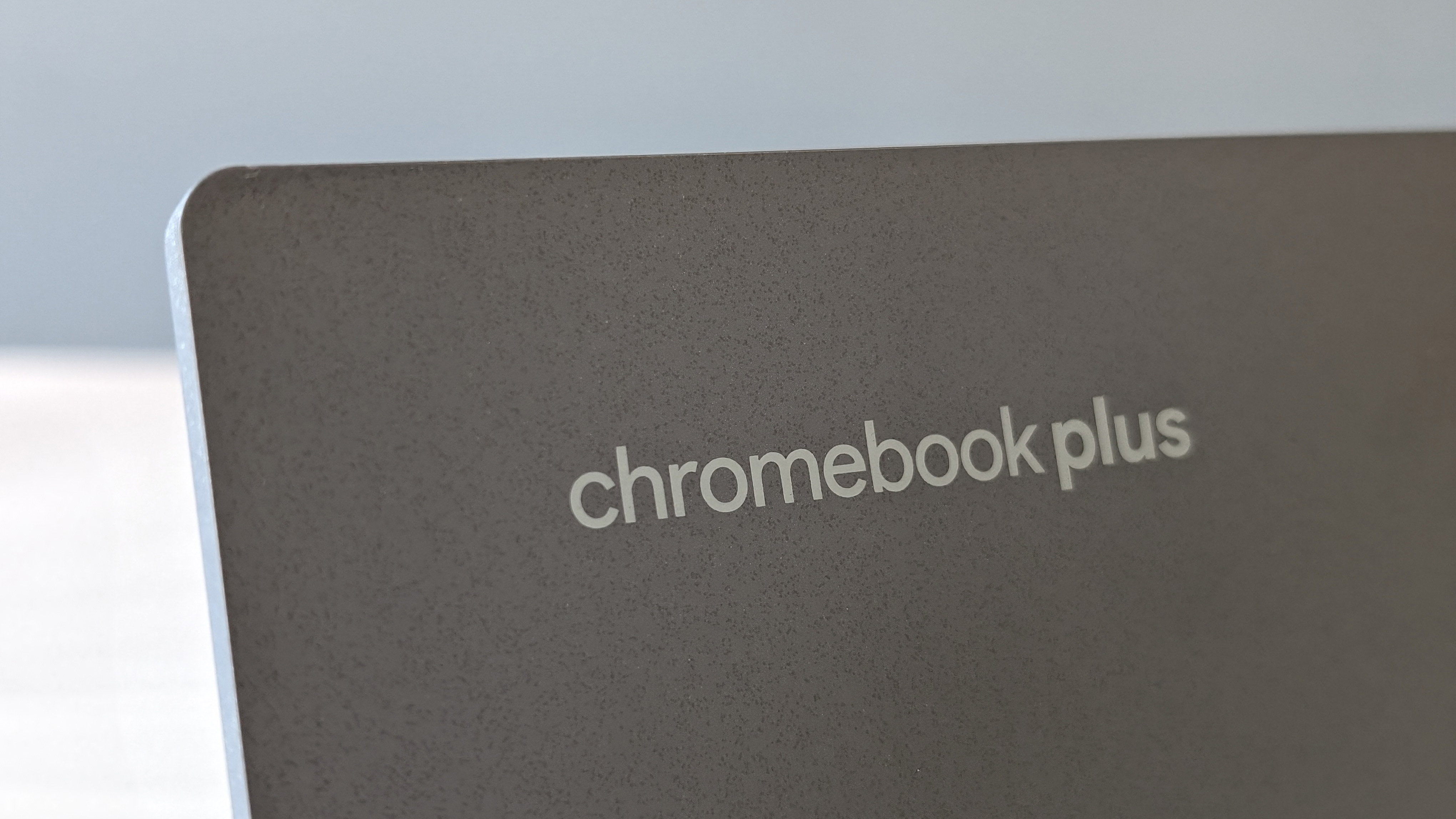
Chromebook Plus is more than just a fancy new label. Historically, the Chromebook has had an image problem. There are buyers out there – including business buyers – who may be looking for efficient, low-cost laptops designed to run Cloud-based applications with a high level of security built-in. However, too many of them either don't understand what Chromebooks are or what they can do; there is a dated misconception of Chromebooks as low-performance devices that can do little more than run a browser – the kind of thing that your kids might use at school.
READ MORE
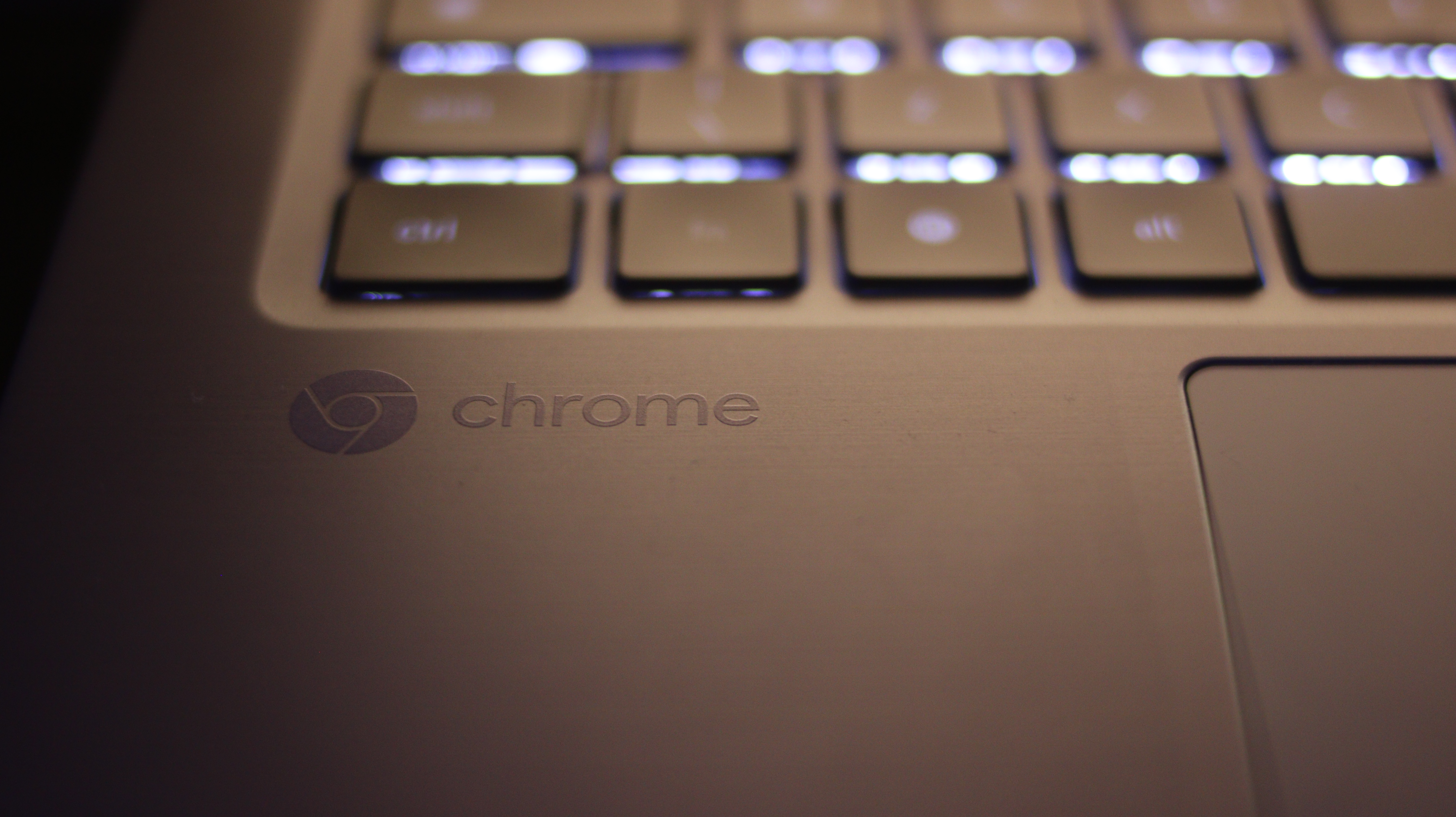
Google has spent years fighting such misconceptions and building a robust enterprise ecosystem around Chromebooks. Chromebooks can now run a wide range of Android and Linux apps and have Web apps that don't fall apart or lose your data as soon as your Internet connection drops. Google's partners have even produced mid-range and premium devices with the processing power needed to work in more challenging scenarios and run more demanding software. Yet not everyone knows how to differentiate these advanced Chromebooks from basic, budget models – or even that these higher-end Chromebooks exist.
Chromebook Plus is Google's answer to this problem. It's an initiative designed to make it clearer when a Chromebook offers a stronger feature set and a higher level of performance, and give buyers and software developers more confidence that Chrome OS devices will handle more demanding software. Chromebook Plus Chromebooks have to meet a minimum set of requirements and come with a selection of exclusive features and perks. If you're buying a Chromebook for business, it's well worth going for a Chromebook Plus model.
What makes a Chromebook Plus?
The Chromebook Plus initiative covers consumer Chromebooks as well as business models, but to make the grade the Chromebook in question has to meet specific criteria. The core requirements start with an Intel Core i3 or faster CPU, or a Ryzen 3 5000 CPU on the AMD side. Chromebook Plus devices also need to have at least 8GB of RAM, plus 128GB of storage, The display needs a 1080p resolution and to use IPS (or better) technology. Finally, the Chromebook Plus needs a 1080p resolution Webcam that supports Temporal Noise Reduction.
The first wave of Google Plus Chromebooks meet and usually exceed all these criteria, and may carry Chromebook Plus branding and launch straight into Google's new Chromebook Plus-specific setup experience. Yet they aren't the only Chromebooks to match Google's spec. In fact, a range of popular Chromebooks released over the last year also meet the CPU, RAM, storage, and webcam requirements. These include some brilliant business-ready Chromebooks like the Acer Chromebook Spin 714 and Chromebook 516GE, the Asus Chromebook CM34 Flip, the HP Dragonfly Pro, and the Lenovo ThinkPad C14 Chromebook. You can find a full list here.
What benefits do you get with Chromebook Plus?
The biggest benefit is arguably knowing that you're getting a Chromebook with the performance and features to make the best of a wide range of Cloud-based and local Android or Linux apps. Software developers can also build and optimize software to run on that minimum spec and feel confident that any Chromebook Plus model will be able to run it at a decent lick.
However, Google has developed some additional Chromebook Plus features and integrated them into Chrome OS. These start with the Chromebook Plus-specific new user setup experience and continue into Chromebook Plus-exclusive wallpapers and screensavers with their own built-in, AI-powered effects. These aren't game changers for business users, but they're nice to have all the same.
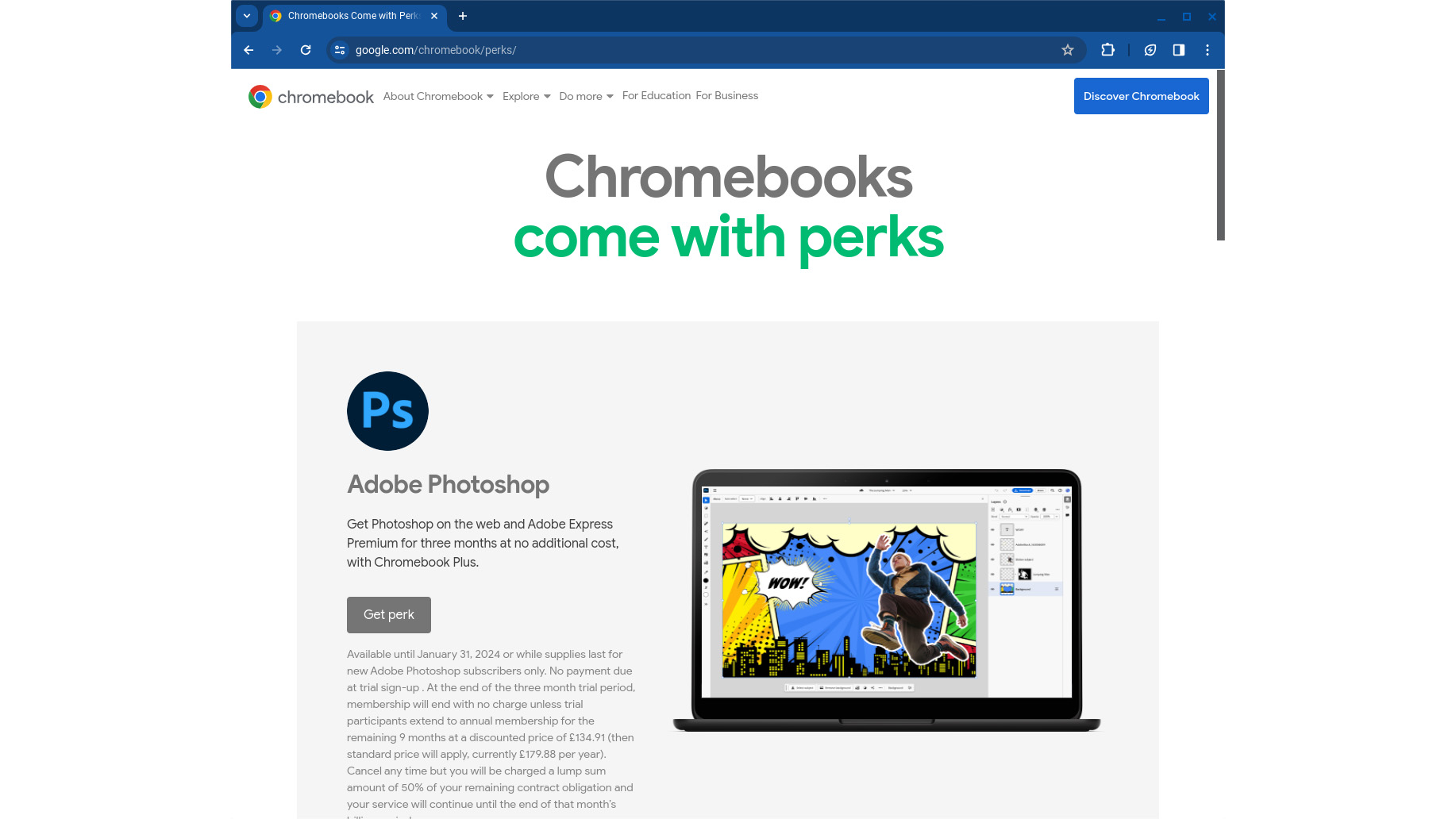
Chromebook Plus models also come with some Chromebook Plus exclusive offers, designed to showcase the additional performance and screen capabilities you can expect from these more advanced devices. These include a free three-month subscription to a cloud-based version of Photoshop along with Adobe Express Premium, and a discount on purchases of the LumaFusion Pro video editor.
What's more interesting for business users, though, is that Chromebook Plus adds additional AI-powered features to Chrome OS and apps. For instance, the Google Photos app now incorporates a version of the Magic Eraser tool you might have seen in the Camera app on Pixel phones. We also get new automatic lighting and background blur enhancements for video calls and meetings, along with AI-powered noise reduction for your mic. These work across Microsoft Teams, Skype, and Zoom as well as Google Meet. Google also promises that these are just the first of a series of AI enhancements to Chromebook Plus devices, including AI-assisted writing tools and the ability to generate custom wallpapers from text prompts.
The final feature for now isn't specific to Chromebook Plus models, but it's a real boost for productivity. Chrome OS's File Sync features maintain a local copy of key files and documents in your Chromebook's storage, syncing them with a version stored on Google Drive so that you always have what you're working on close to hand. With this in place, going offline doesn't have to destroy your productivity, and you don't need to mess around with workarounds just to keep an up-to-date local copy of a file.
Buying Chromebook Plus
If you have a mid-range of high-end Chromebook that delivers the performance you need, there's no need to upgrade right now to a new Chromebook Plus model. However, if you're buying a new Chromebook, then it just makes sense to buy a Chromebook Plus or a Chromebook that's eligible for the upgrade.
Asus Chromebook Plus CX34
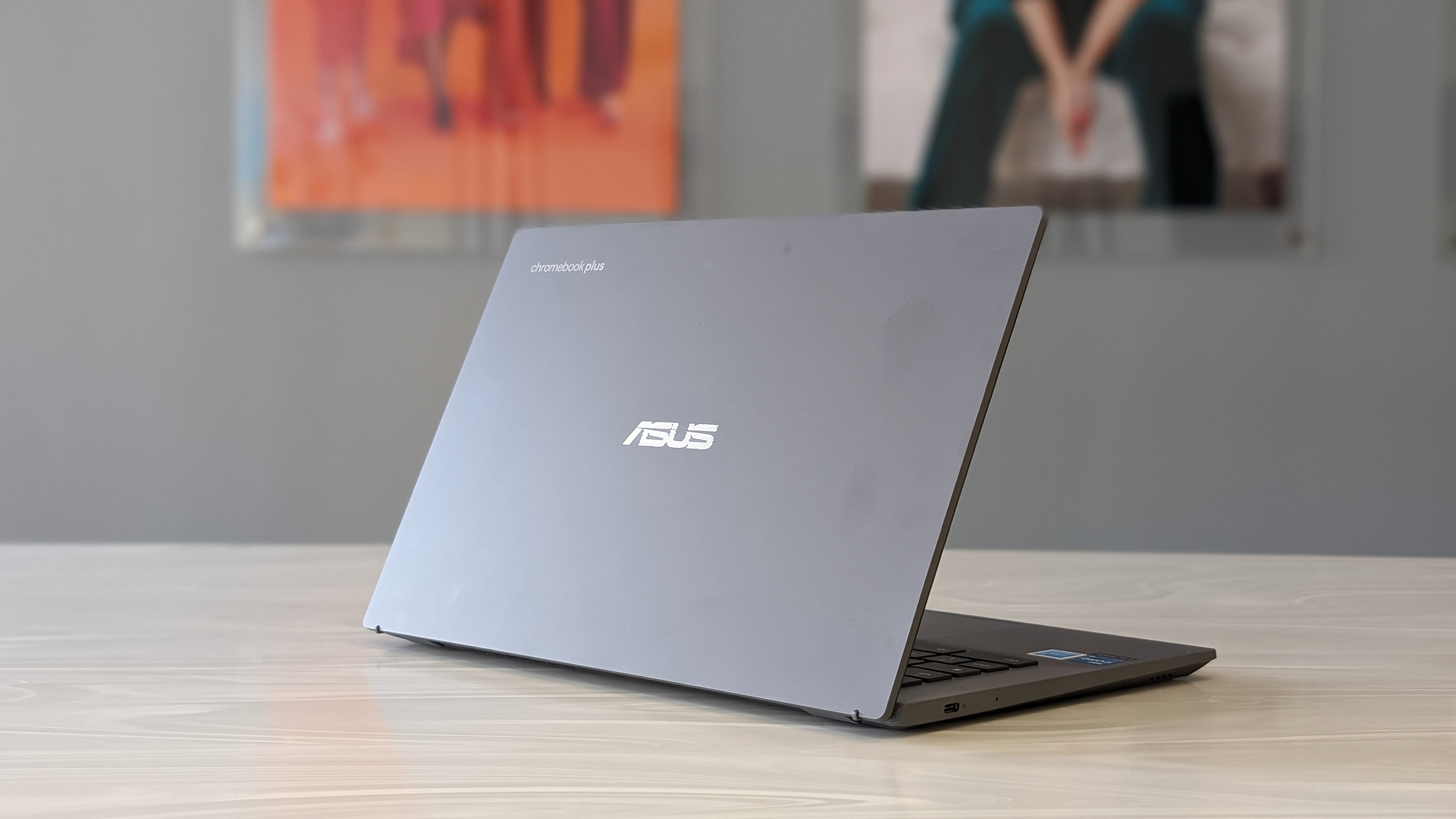
Asus's 14-inch Chromebook Plus is a great budget ultraportable. The slightly cheap-feeling plastic chassis means it looks more expensive than it feels, but it's still robust enough for business use, and the keyboard and trackpad are surprisingly good. On a more expensive device, we'd have more to say about the slightly dull 1080p screen and 7hr and 12min battery life, but both are forgivable when you see how much the Chromebook Plus CX34 costs. What's more, it's impressively speedy for a sub-£400 Chromebook, thanks to its Core i3-1215U processor and the mandatory 8GB of RAM.
Acer Chromebook Spin 714
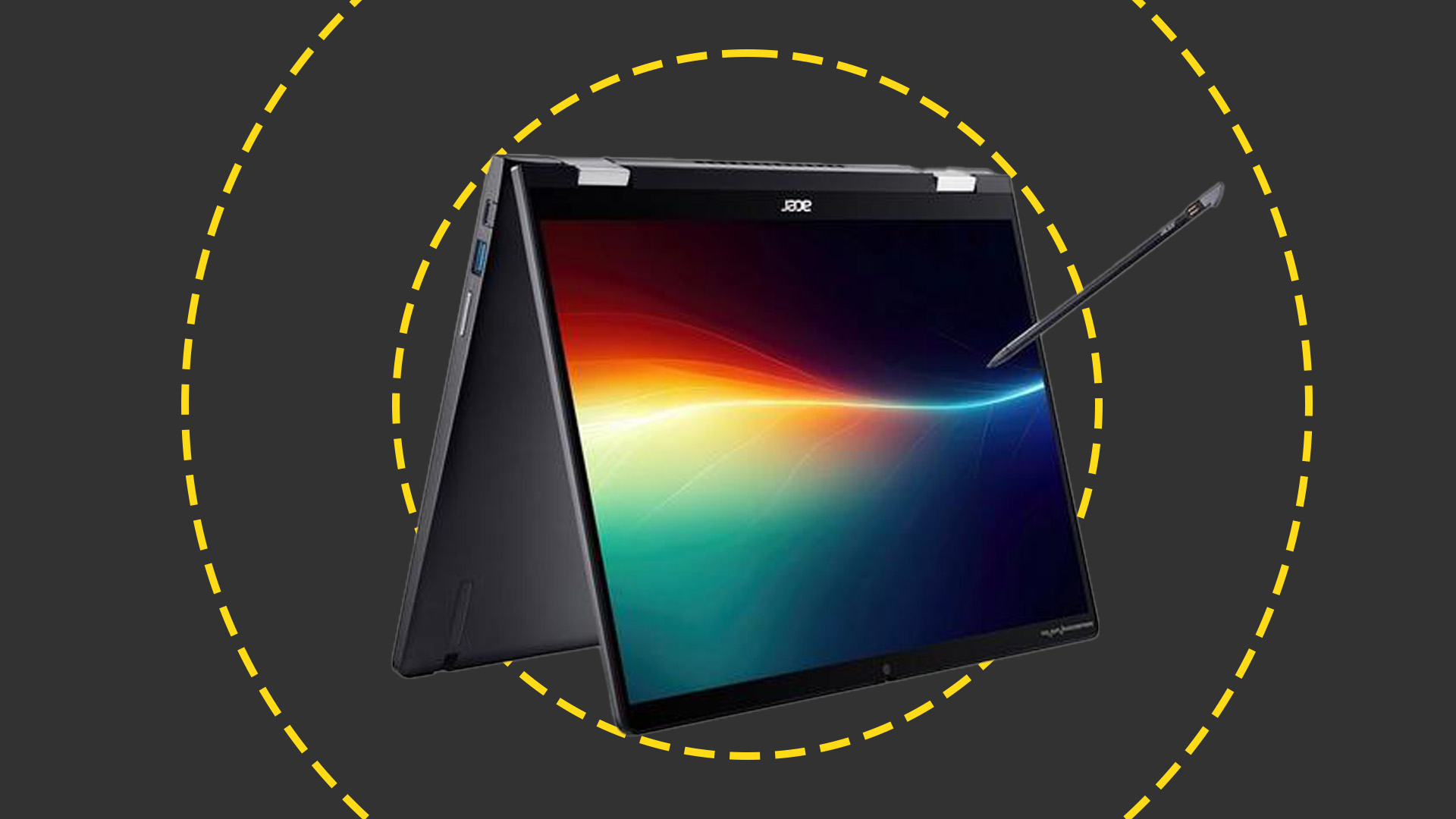
While it was launched before the Chromebook Plus initiative, the 2023 version of the Chromebook Spin 714 is one of the first existing Chromebooks to be eligible for the Chromebook Plus update. It's still one of the best business Chromebooks – if not the best – with a sleeker all-metal build than any of the new breed of Chromebooks, excellent connectivity, a garaged stylus, and good all-round ergonomics, plus a brighter, richer 14-inch, 16:10 screen. Throw in a choice of Intel's 13th-generation Core i5 and Core i3 CPUs and it's hard to go wrong.
Sign up today and you will receive a free copy of our Future Focus 2025 report - the leading guidance on AI, cybersecurity and other IT challenges as per 700+ senior executives
Stuart has been writing about technology for over 25 years, focusing on PC hardware, enterprise technology, education tech, cloud services and video games. Along the way he’s worked extensively with Windows, MacOS, Linux, Android and Chrome OS devices, and tested everything from laptops to laser printers, graphics cards to gaming headsets.
He’s then written about all this stuff – and more – for outlets, including PC Pro, IT Pro, Expert Reviews and The Sunday Times. He’s also written and edited books on Windows, video games and Scratch programming for younger coders. When he’s not fiddling with tech or playing games, you’ll find him working in the garden, walking, reading or watching films.
You can follow Stuart on Twitter at @SATAndrews.
-
 Microsoft unveils Maia 200 accelerator, claiming better performance per dollar than Amazon and Google
Microsoft unveils Maia 200 accelerator, claiming better performance per dollar than Amazon and GoogleNews The launch of Microsoft’s second-generation silicon solidifies its mission to scale AI workloads and directly control more of its infrastructure
-
 Infosys expands Swiss footprint with new Zurich office
Infosys expands Swiss footprint with new Zurich officeNews The firm has relocated its Swiss headquarters to support partners delivering AI-led digital transformation
-
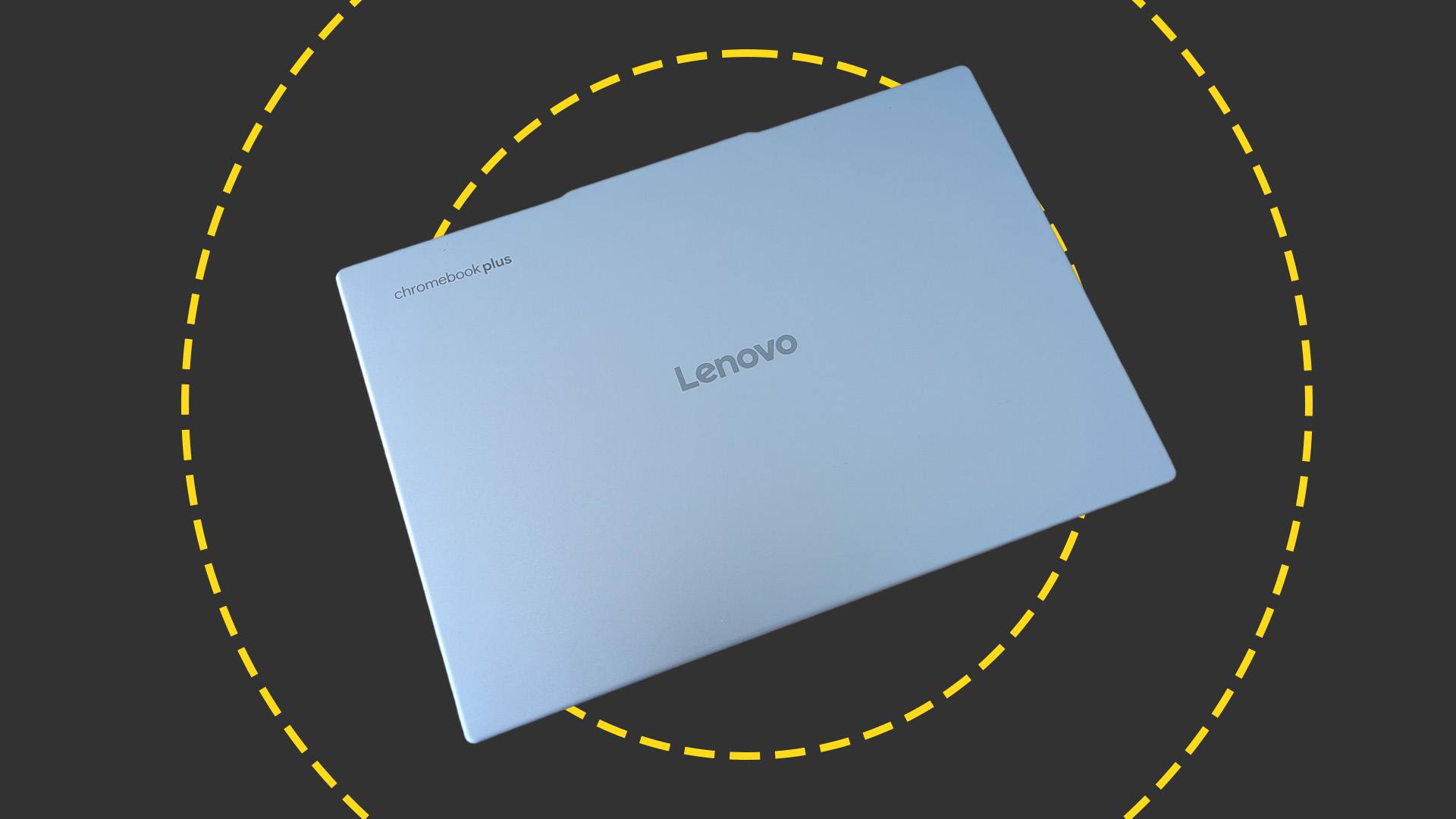 Possibly the best around – the Lenovo Chromebook Plus 14 (Gen 10) is a stellar option for businesses looking to pilot Chromebooks
Possibly the best around – the Lenovo Chromebook Plus 14 (Gen 10) is a stellar option for businesses looking to pilot ChromebooksReviews The Lenovo Chromebook Plus 14 is a beautifully put-together, AI-ready Chromebook with excellent performance, good battery life, and a fantastic OLED screen
-
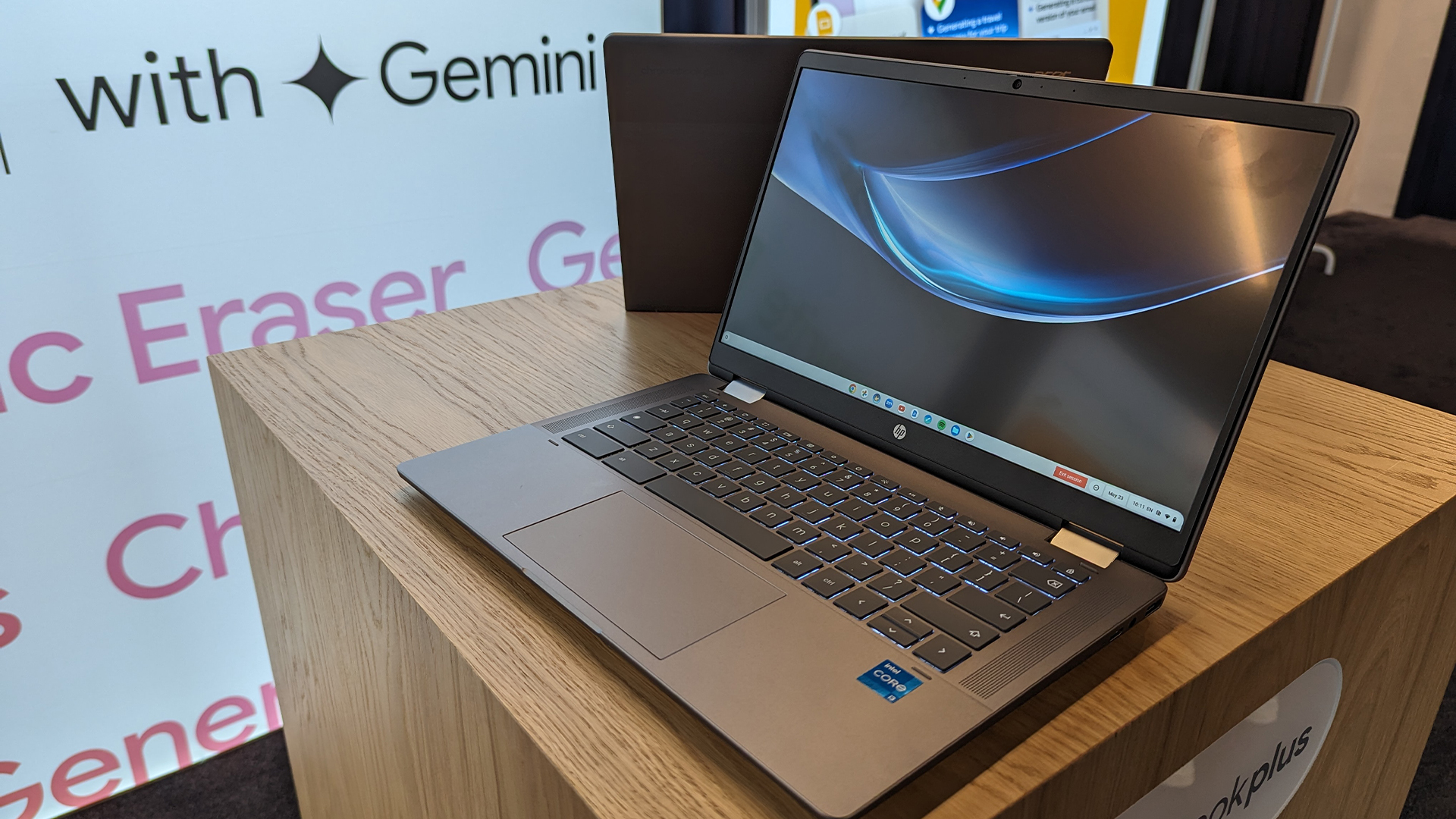 Chromebook Plus devices are getting an AI boost with Gemini — and we’ve had an early preview
Chromebook Plus devices are getting an AI boost with Gemini — and we’ve had an early previewNews New AI features in Chromebook Plus devices will help supercharge user productivity
-
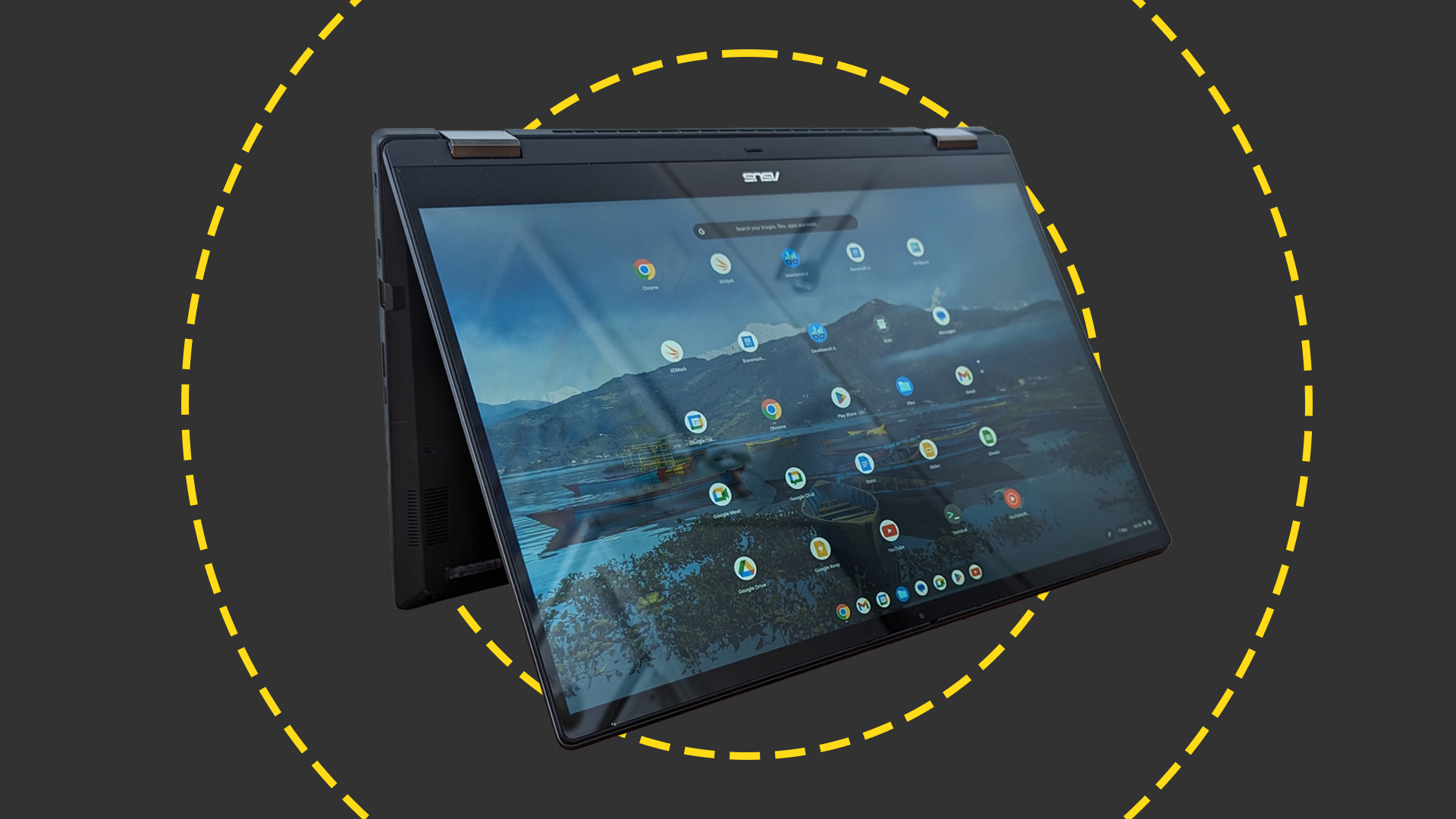 Asus Chromebook Enterprise Flip CB5 review: A big-screen Chromebook built for business
Asus Chromebook Enterprise Flip CB5 review: A big-screen Chromebook built for businessReviews Good design, strong ergonomics, impressive performance, and a bigger screen make this a brilliant, business-ready Chromebook for long working days
-
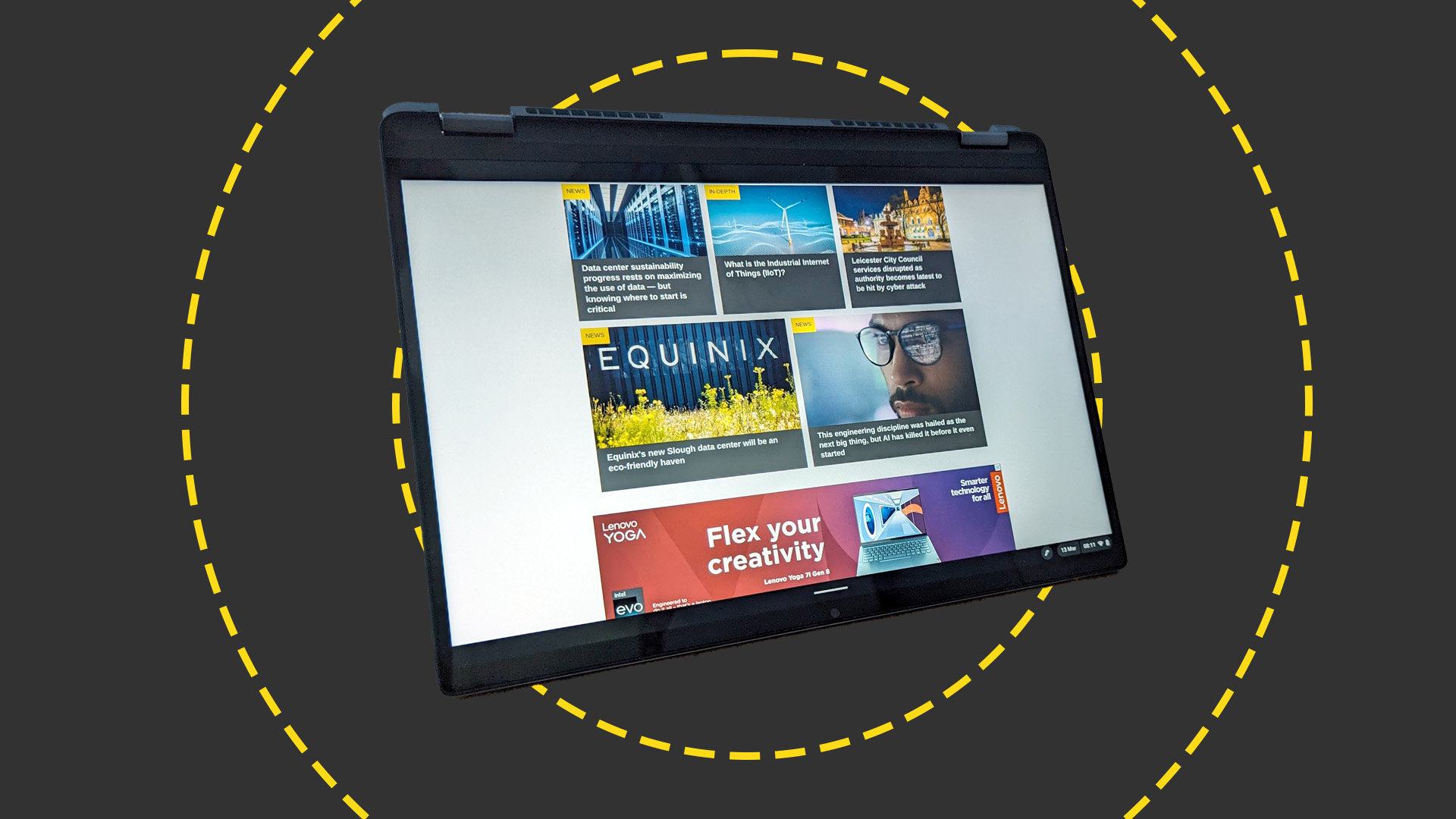 Lenovo IdeaPad Flex 5i Chromebook Plus review: You can't beat this Chromebook Plus for value
Lenovo IdeaPad Flex 5i Chromebook Plus review: You can't beat this Chromebook Plus for valueReviews While not the strongest screen quality or performance, the Flex 5i Chromebook Plus gets most of the way there on a lower budget
-
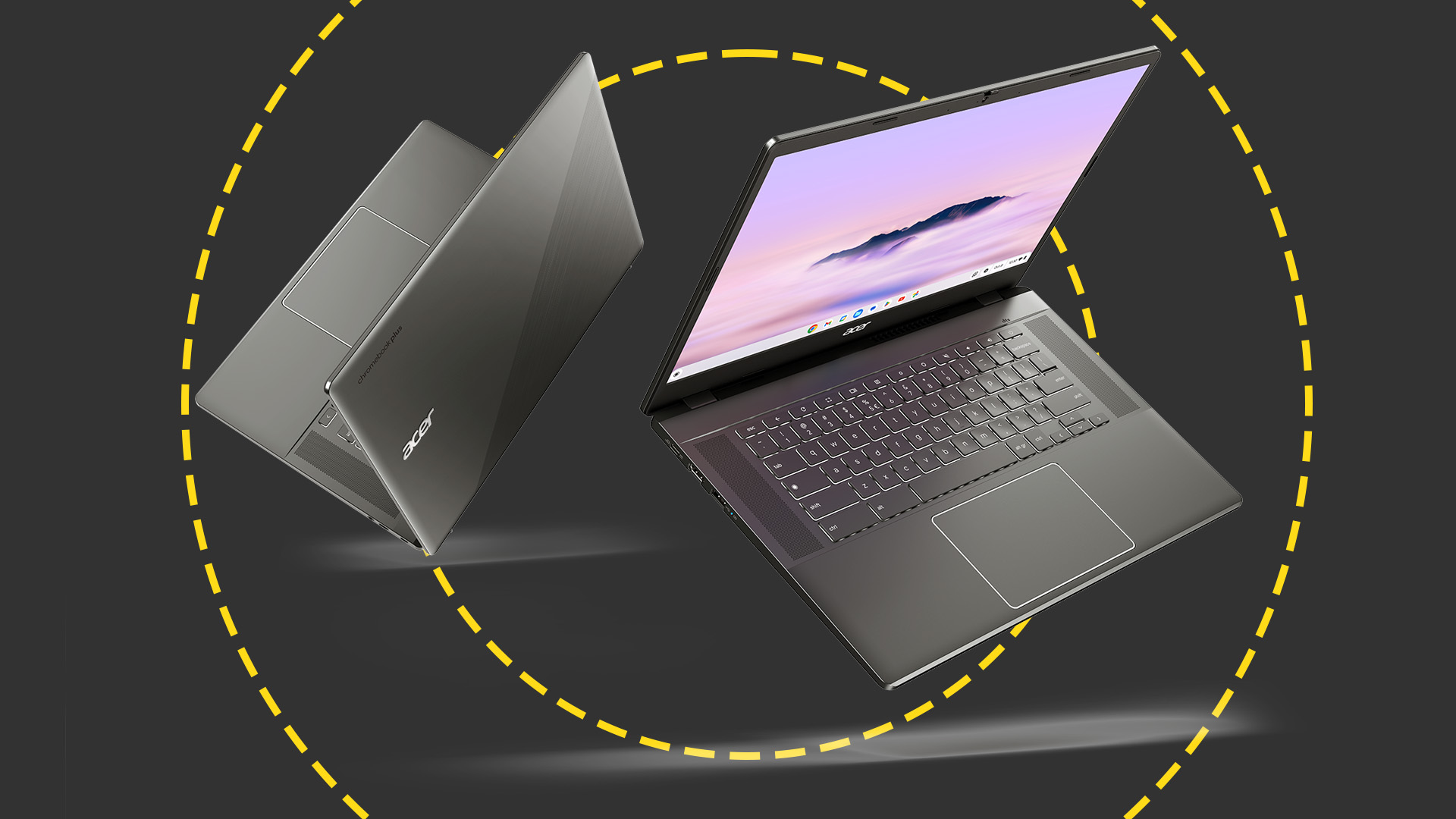 Acer Chromebook Plus 515 review: A brilliant big-screen workhorse for tight budgets
Acer Chromebook Plus 515 review: A brilliant big-screen workhorse for tight budgetsReviews Compromises have been made to stay in budget, but the Plus 515 makes sense as a hard-working, cost-conscious Chromebook
-
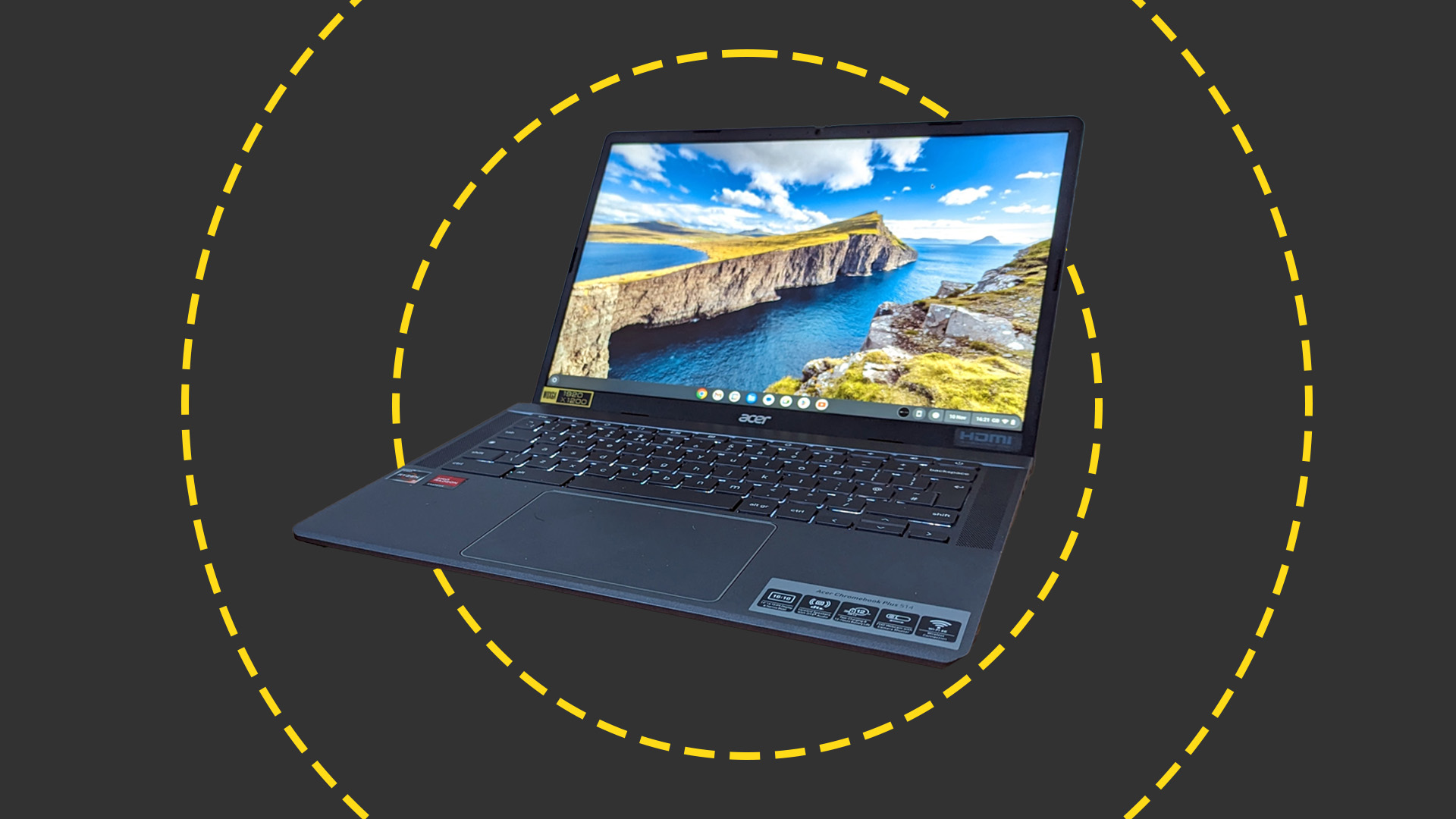 Acer Chromebook Plus 514 review: A better class of budget Chromebook for business use
Acer Chromebook Plus 514 review: A better class of budget Chromebook for business useReviews The Chromebook Plus 514 is a solid, speedy Chromebook on a limited budget
-
 Asus Chromebook Plus CX34 review: i3-powered goodness for students and small businesses
Asus Chromebook Plus CX34 review: i3-powered goodness for students and small businessesReviews The first of a new breed of Chromebook, the CX34 is an affordable workhorse
-
 Acer Chromebook Spin 714 review: The best business Chromebook gets a refresh
Acer Chromebook Spin 714 review: The best business Chromebook gets a refreshReviews With a great design, excellent performance and impressive battery life, this is the new business Chromebook to beat
